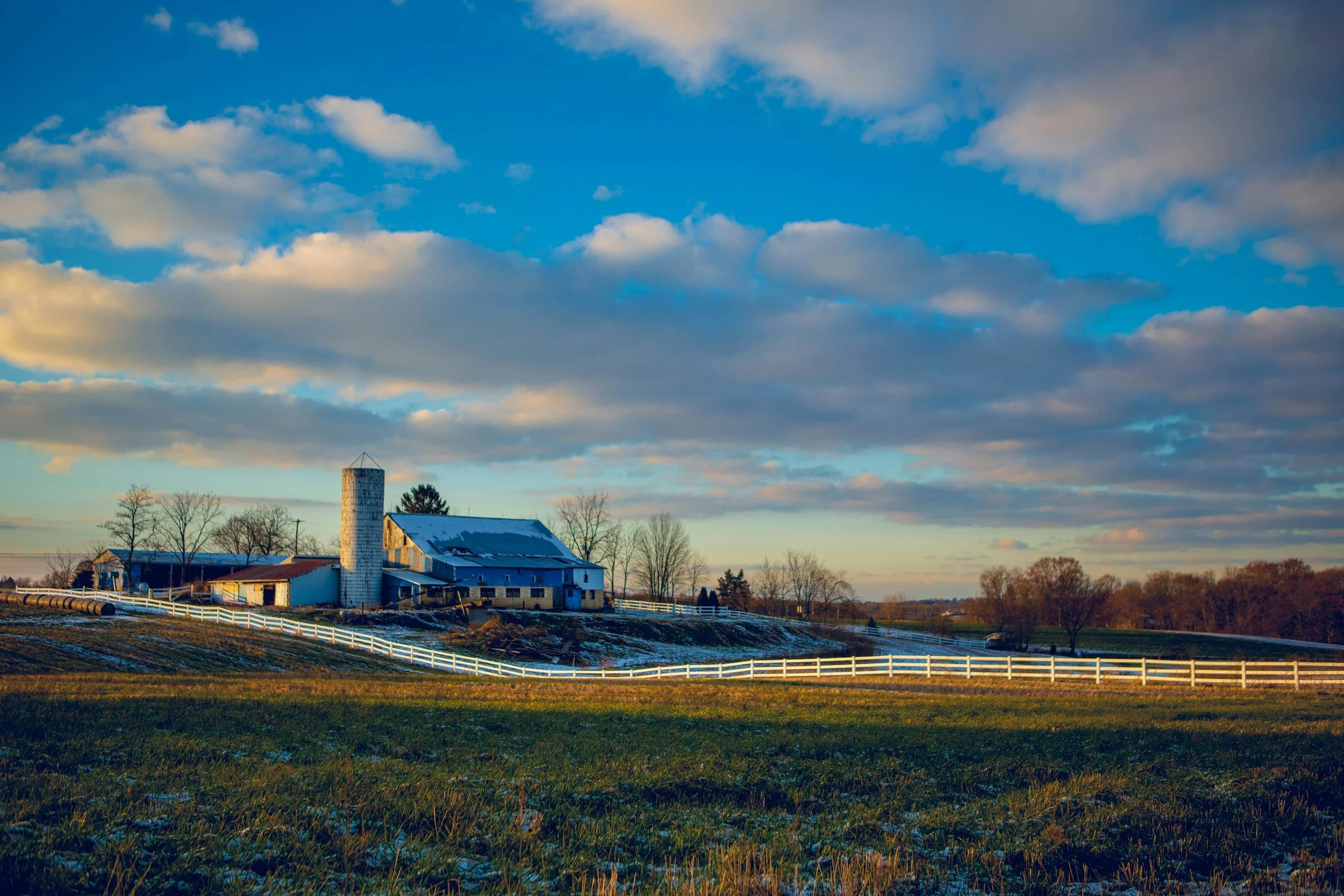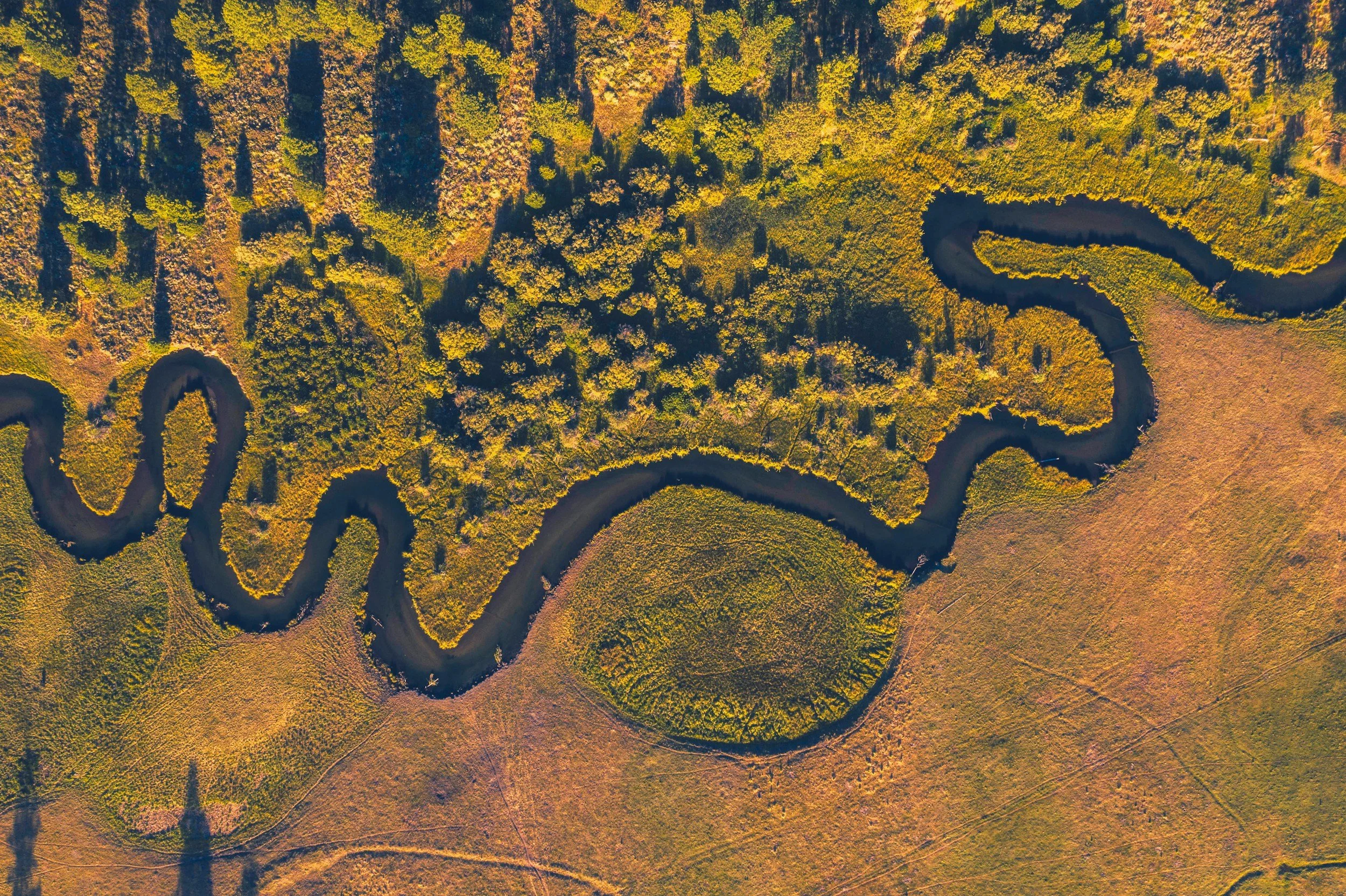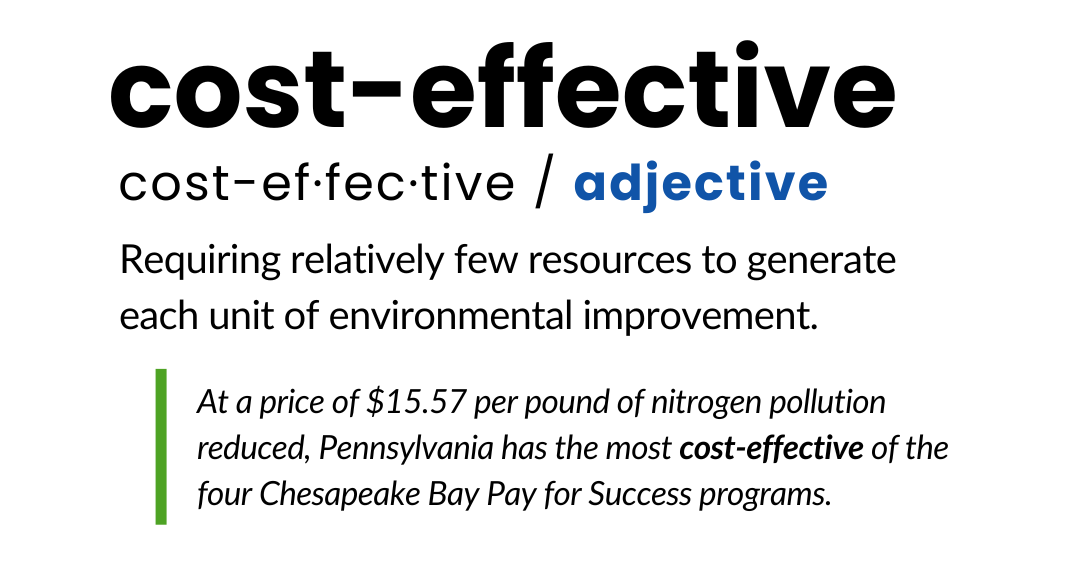
Making Agricultural Conservation More Efficient
Over the last 100 years, crop yields have increased by an order of magnitude, but conservation outcomes struggle to keep pace. How do we harness the same forces that have made production dramatically more efficient to generate faster, grander environmental progress?
About The Agriculture Team
Governments invest tens of billions of dollars in on-farm conservation, but these programs need to be improved if they’re going to meet the urgency and scale of today’s resource concerns, many of which are driven by agriculture, the world’s largest land use.
We give policymakers the expertise they need to bring conservation programs into the 21st century.
We design and implement state level programs that have, so far, generated over a hundred million dollars of water quality outcomes. We help emerging outcomes-based programs shed administrative burdens that drive up costs, and bring together partners to target conservation where it will have the greatest impact. We analyze and pilot the next generation of agricultural solutions, to bring tomorrow's conservation ideas into practice today.
Ultimately, our goal is to make it easier, cheaper, and faster to generate conservation outcomes from farms.
Our Initiatives
-

States Buying Conservation Outcomes
States are beginning to adopt outcomes-based conservation strategies that emphasize quantifiable environmental improvements. This approach provides greater flexibility to farmers, streamlines administration, and incentivizes the most cost-effective environmental progress.
-

Watershed Partnerships
Bringing together stakeholders to spend funds in the most cost-effective manner leads to more noticeable environmental improvement faster. We build partnerships between permit holders, farmers, state regulators, and private investors that create opportunities for creative projects to reduce nutrients, increase recreational opportunities, reduce sediment, and help mitigate flooding.
-

The Farm Bill
The United States Farm Bill provides billions of dollars for conservation projects on private working lands. We use legislative, administrative, and implementation levers to ensure those funds are spent in the most cost-effective manner.
Our Principles
What’s New
Support Our Work
Interested in speeding up environmental progress?
Or contact Elizabeth Vaccaro, Director of Development, at evaccaro@policyinnovation.org to learn about more ways to get involved today.



